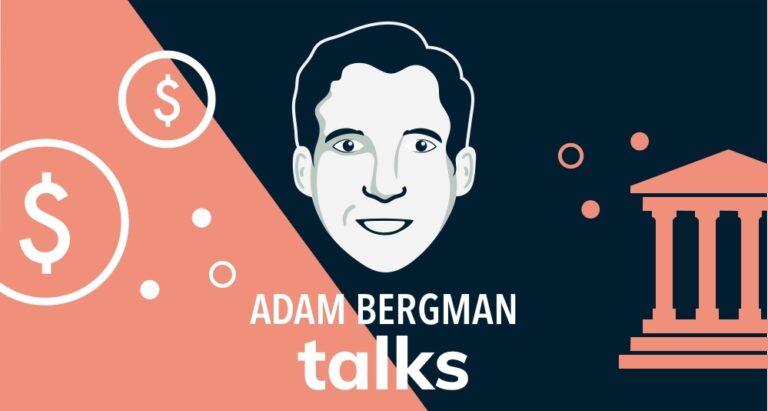IRA Financial’s Adam Bergman discusses the impact of the SECURE Act on Stretch IRAs and whether the government will change current rules.
Is the government coming for your IRA? That might be putting it a little harsh. However, there is some talk about important IRA provisions that might be coming down the line that may affect how some people can use their IRA. Mr. Bergman discusses these changes and his strong opinions about them in his latest podcast.
The SECURE Act
The SECURE Act was passed by the House at then end of May. SECURE stands for Setting Every Community Up for Retirement Enhancement. It’s expected, President Trump will sign into law some time before the end of the year. The government, as you may know, can change things virtually whenever they want. For example, Social Security started to be taxable in 1983. This includes the way retirement plans work.
One of the best ways to save for retirement is with a Roth IRA. While traditional plans are funded with pre-tax money, Roths are funded with after-tax contributions. This means that there’s no tax deduction for Roth contributions, however, all qualified distributions are tax-free! What if the rules changed, and you had a time limit for when you could withdraw your Roth funds? This is the fear among IRA savers.
The Stretch IRA
The Stretch IRA is the term used for a Roth IRA that you never withdraw from. This allows you to pass it along to a beneficiary so that he/she may “stretch” out the distributions for his/her life expectancy. Traditional plans may also be used, but they’re subject to required minimum distributions (RMD) each year. This is utilized for non-spousal beneficiaries. Spouses can choose to assume the IRA as his/her own and continue to receive the benefits. This is a tremendous estate planning tool.
The SECURE Act is looking to pay for other legislature that is part of the bill. For example, the age to start RMDs would be pushed back to 72 (from 70 1/2). They want to limit the length of time that you can “stretch” your IRA. This means, your non-spouse beneficiary would have to use up the funds within ten years. A similar plan from the Senate, called RESA, would make it five years, if your IRA was worth more than $400,000. This might make sense for traditional plans, as taxes would be due. However, Roth distributions are tax-free, so it wouldn’t seem to benefit the government.
So, Is the Government Coming for your IRA?
In short, probably not. It doesn’t make sense to urge Americans to save for retirement and then add a provision that limits it. Most of what’s coming from this legislation should make it easier to save. It’s in everyone’s best interest that no part of this bill should deter savings. But, you never know! The IRS will always get a piece of the pie…it just depends when they get it.
In the end, it is what it is. It’s still important to use tax-advantaged plans to save for retirement. People will adjust to new rules and regulations. Every American wants to retire as soon as they can and financial advisors and account administrators will find a way!
Get in Touch
As always, thanks for listening! If you have any questions about the new bills, please contact us @ 800.472.0646. Be sure to check out our old podcasts over at our SoundCloud page.













